How learning to cope with their fears can help patients achieve better outcomes
Kids can face many unknowns at a hospital, such as unfamiliar procedures, needles used in blood tests and immunizations, and massive pieces of equipment. But by learning how to cope with their fears, they can improve management of their anxiety and make a positive difference to their hospital experiences and overall well-being.
That’s why Dr. Theresa Newlove, head of the psychology department, Dr. Chris Petersen, director of technology development, and a team of researchers at BC Children’s Hospital developed the Belly Breath app. This interactive application uses biofeedback—which sends the user information on their body’s functions, like heart rate, through a finger sensor—to teach kids how to relax and manage anxiety through focused breathing, while providing purposeful distraction.
Using a personalized cartoon avatar in a hot air balloon, kids learn how to breathe slowly and deeply as they play a fun and interactive game. The game is designed to allow them to gain points and respond to visual cues on the tablet’s screen, which can change based on how they are breathing.
A trial with 150 patients using the Belly Breath app showed that it reduced anticipated anxiety prior to medical procedures by 30 per cent.
And overall, feedback from children, their parents and health care providers on the app was overwhelmingly positive.
“Studies have shown that children and their families who experience less anxiety prior to surgeries and medical procedures will not only have less pain and distress, but will also experience faster recoveries and more positive attitudes toward future medical procedures,” says Dr. Newlove.
“A child’s mental well-being during hospital visits has also been shown to be linked to better health outcomes overall.”
– Dr. Theresa Newlove, Head of Psychology at BC Children’s Hospital
These results also demonstrate the potential of the app to provide kids with some aspect of control over their hospital experiences, reduce the need for physician-prescribed drugs to help calm kids, and ultimately, equip them with ways to cope with stressful situations.
Now that the Belly Breath app has completed a successful pilot program, the hope is that with donor support, the app will eventually become widely available for kids across the hospital.
